Fitbit Charge 6 vs. Top Competitors – Pros and Cons Comparison
The Fitbit Charge 6, is a flagship fitness tracker known for its robust health tracking and Google app integration. Released in 2023, it faces stiff competition in 2025 from the Garmin Venu Sq 2, Apple Watch SE (2022), Samsung Galaxy Watch 7, and Xiaomi Smart Band 9. This comparison evaluates their features, strengths, and weaknesses to help you choose the best fitness tracker for your needs.
Fitbit Charge 6
The Charge 6 shines with its AMOLED display, seven-day battery life, and comprehensive health tracking, including heart rate, SpO2, ECG, stress (EDA), and sleep monitoring. Its Google Maps and Wallet integration adds smart functionality, and the haptic side button enhances usability. However, its built-in GPS is inconsistent, often losing signal or miscalculating distances, and some features, like Daily Readiness Score, require a $9.99/month Fitbit Premium subscription. It’s ideal for casual users prioritizing comfort and health insights but falls short for serious athletes needing precise GPS. READ MORE
Garmin Venu Sq 2
A strong alternative, the Venu Sq 2 offers superior GPS and heart rate accuracy, making it a favorite for runners and cyclists. Its 11-day battery life surpasses the Charge 6, and it includes sleep coaching and nap detection. The square AMOLED display is vibrant, but the device lacks an altimeter and charges extra for music storage. While pricier, its robust fitness tracking and no-subscription model make it a better choice for dedicated athletes.
Apple Watch SE
For iPhone users, the Apple Watch SE (2022) blends fitness tracking with smartwatch features. It offers accurate heart rate and GPS tracking, plus unique features like crash detection and an altimeter for elevation. The 1.57-inch Retina display is larger than the Charge 6’s, but its 18-hour battery life is a significant drawback, requiring daily charging. Its seamless iPhone integration and app ecosystem make it versatile, though it’s overkill for users focused solely on fitness.
READ MORE
Samsung Galaxy Watch 7
Running Wear OS 5, the Galaxy Watch 7 is a premium option with a 1.5-inch AMOLED display and advanced health metrics like Energy Score and sleep apnea detection (Samsung phone users only). Its GPS struggles in urban areas, and battery life lasts about 1-2 days. While it offers more smartwatch features than the Charge 6, its higher price and shorter battery life may deter fitness-focused users. It’s best for Samsung ecosystem users seeking a hybrid device.
Xiaomi Smart Band 9
The budget-friendly Xiaomi Smart Band 9 delivers impressive value with a 21-day battery life, heart rate, SpO2, and sleep tracking. Its 1.62-inch AMOLED display is clear, but it lacks built-in GPS, relying on a phone for location tracking. With no subscription fees and a durable design, it’s perfect for cost-conscious users but lacks the advanced features and app integration of the Charge 6.
VERDICT
The Fitbit Charge 6 balances affordability and features, making it great for casual fitness enthusiasts, but its GPS issues and subscription costs are drawbacks. The Garmin Venu Sq 2 excels for athletes with superior tracking accuracy, while the Apple Watch SE suits iPhone users wanting smartwatch perks. The Samsung Galaxy Watch 7 is ideal for Samsung users, and the Xiaomi Smart Band 9 is unbeatable for budget buyers. Choose based on your priorities: balanced price and features (Fitbit), accuracy (Garmin), ecosystem integration (Apple/Samsung), or cost (Xiaomi).
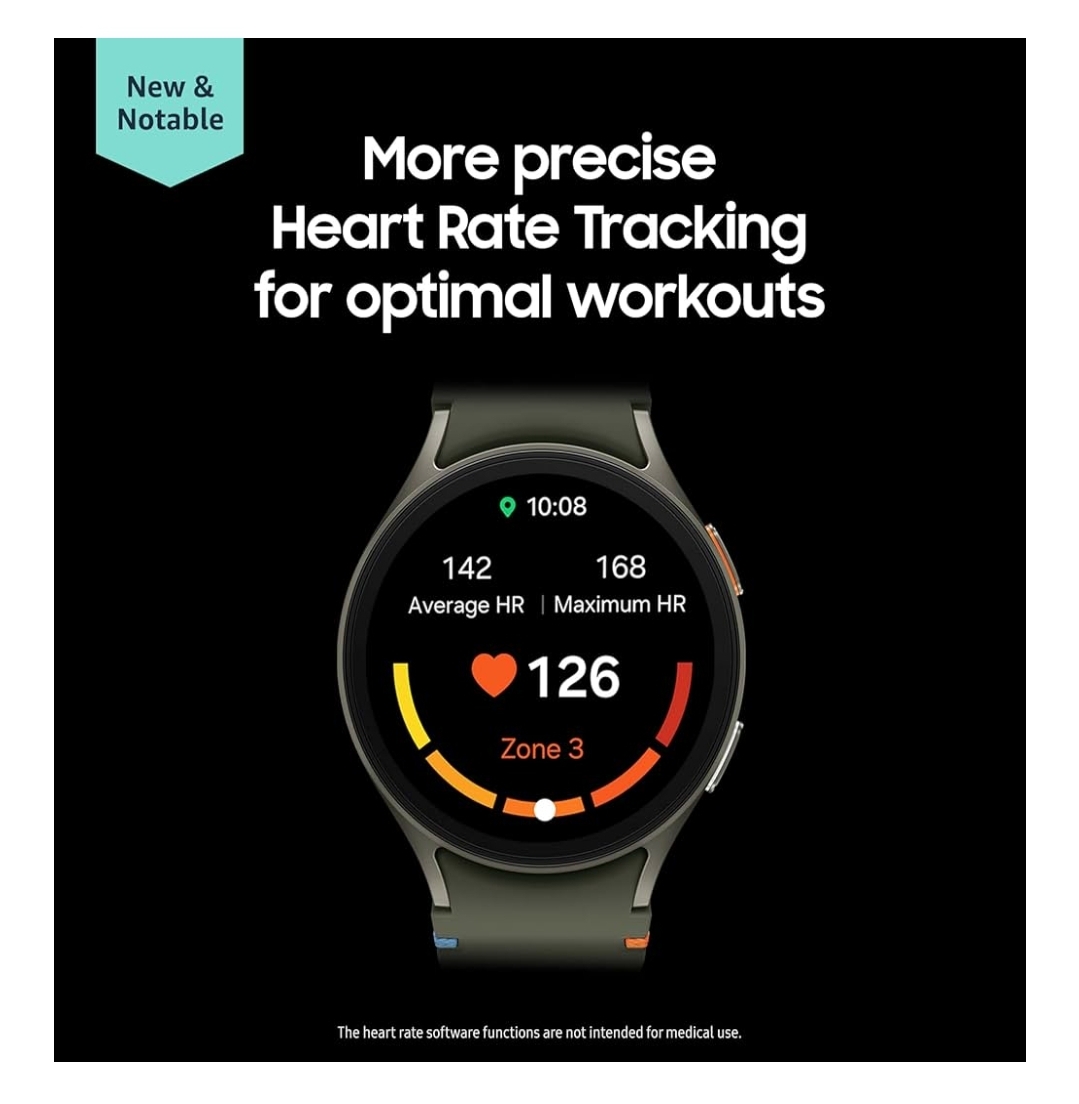
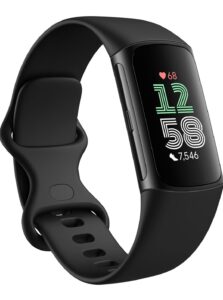
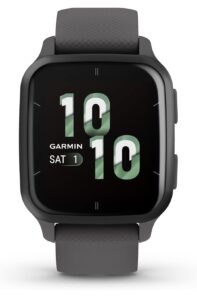
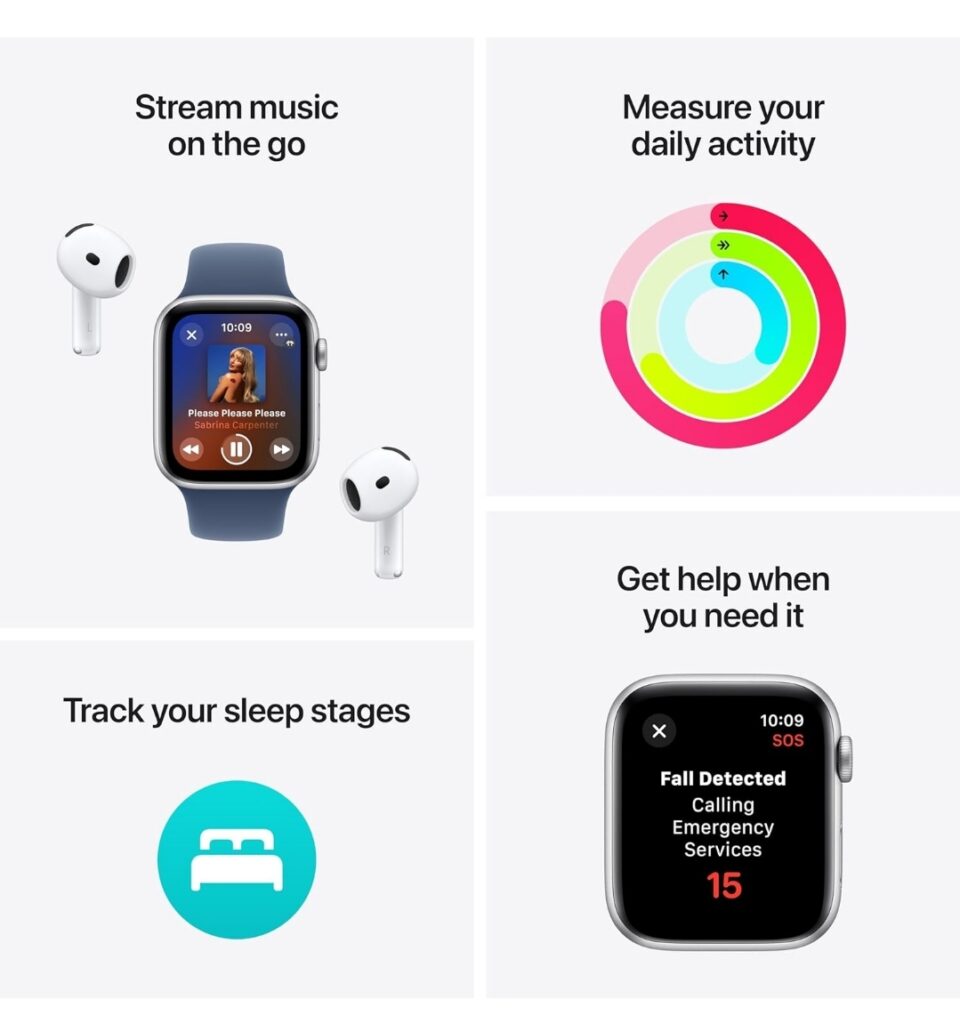
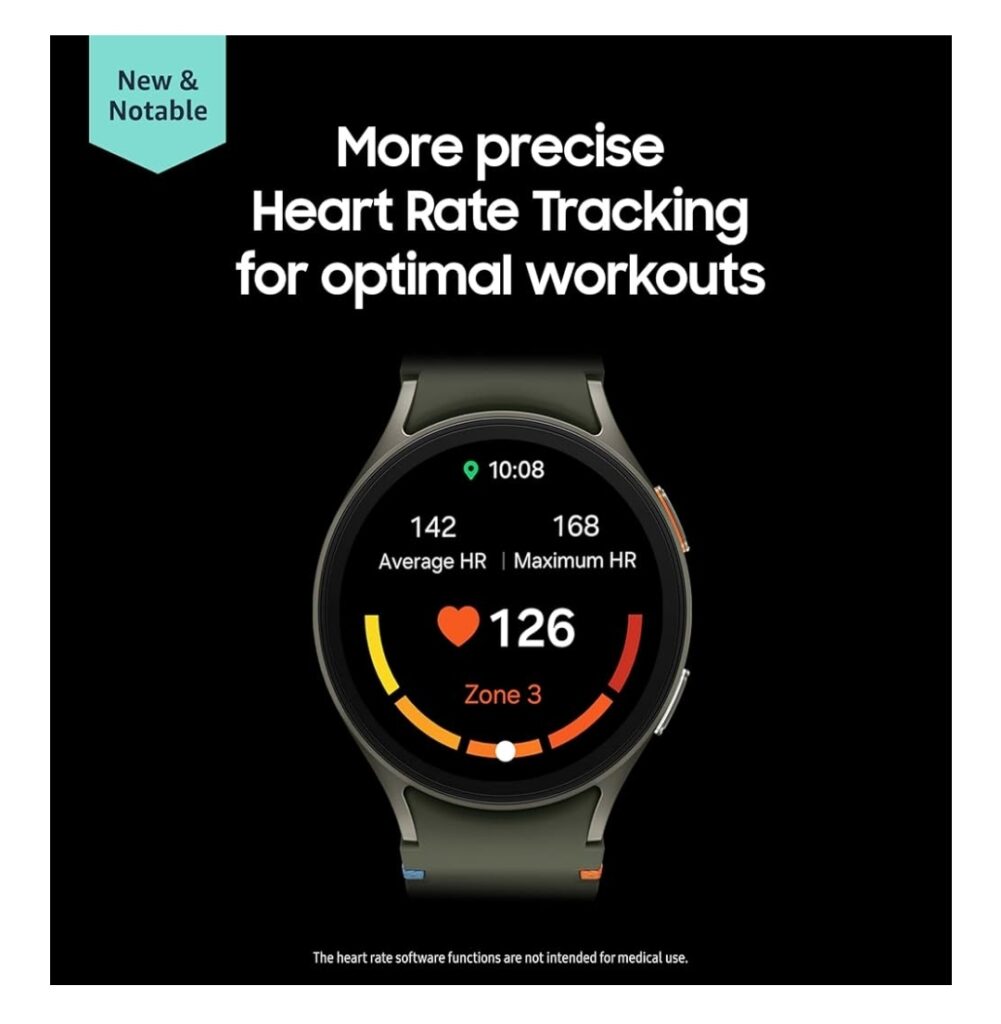
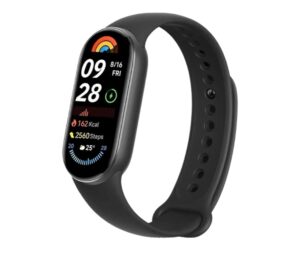
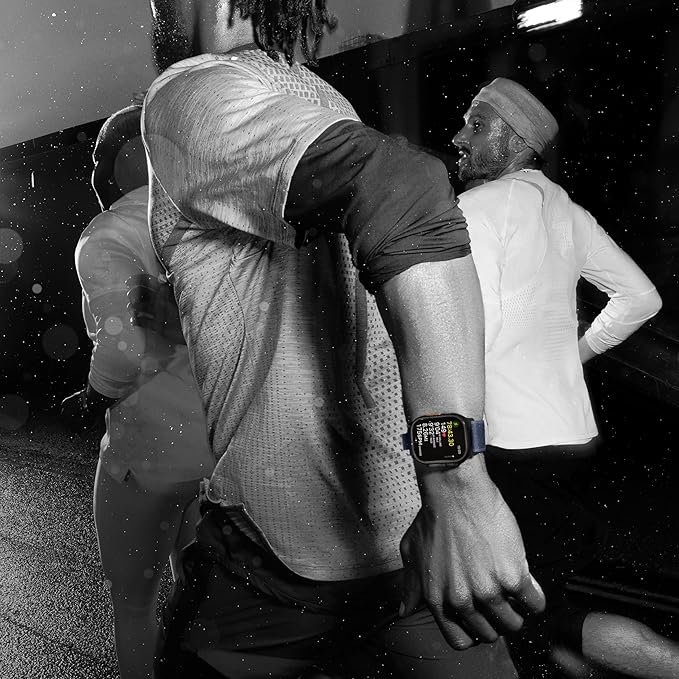
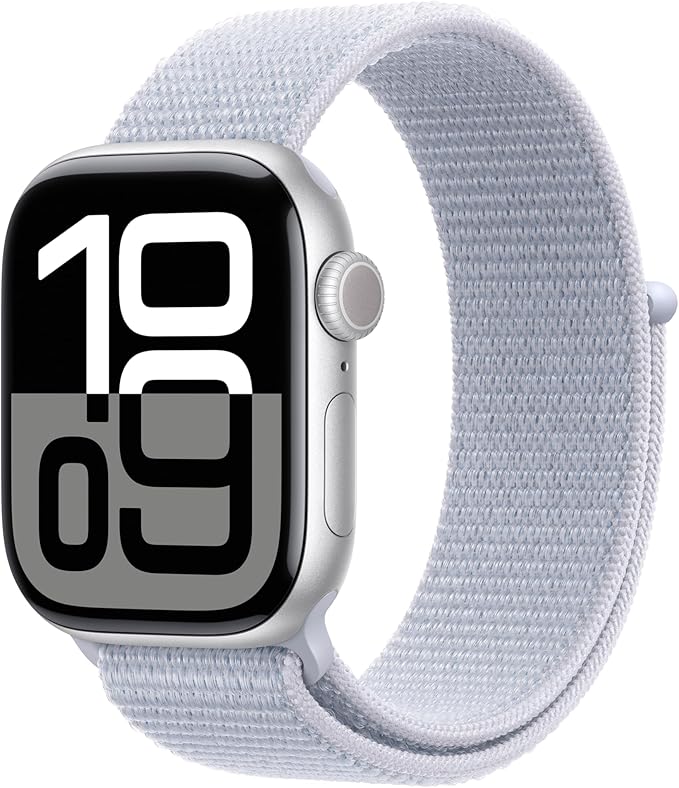
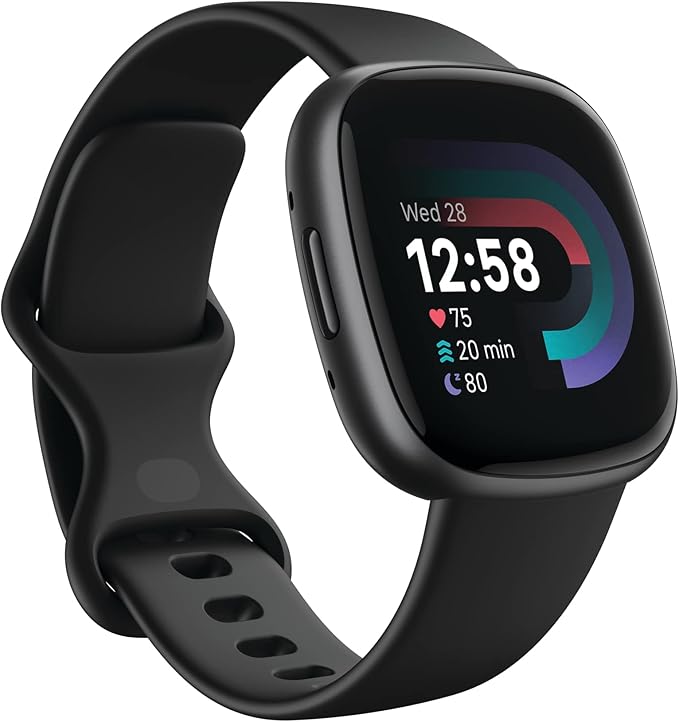
Post Comment